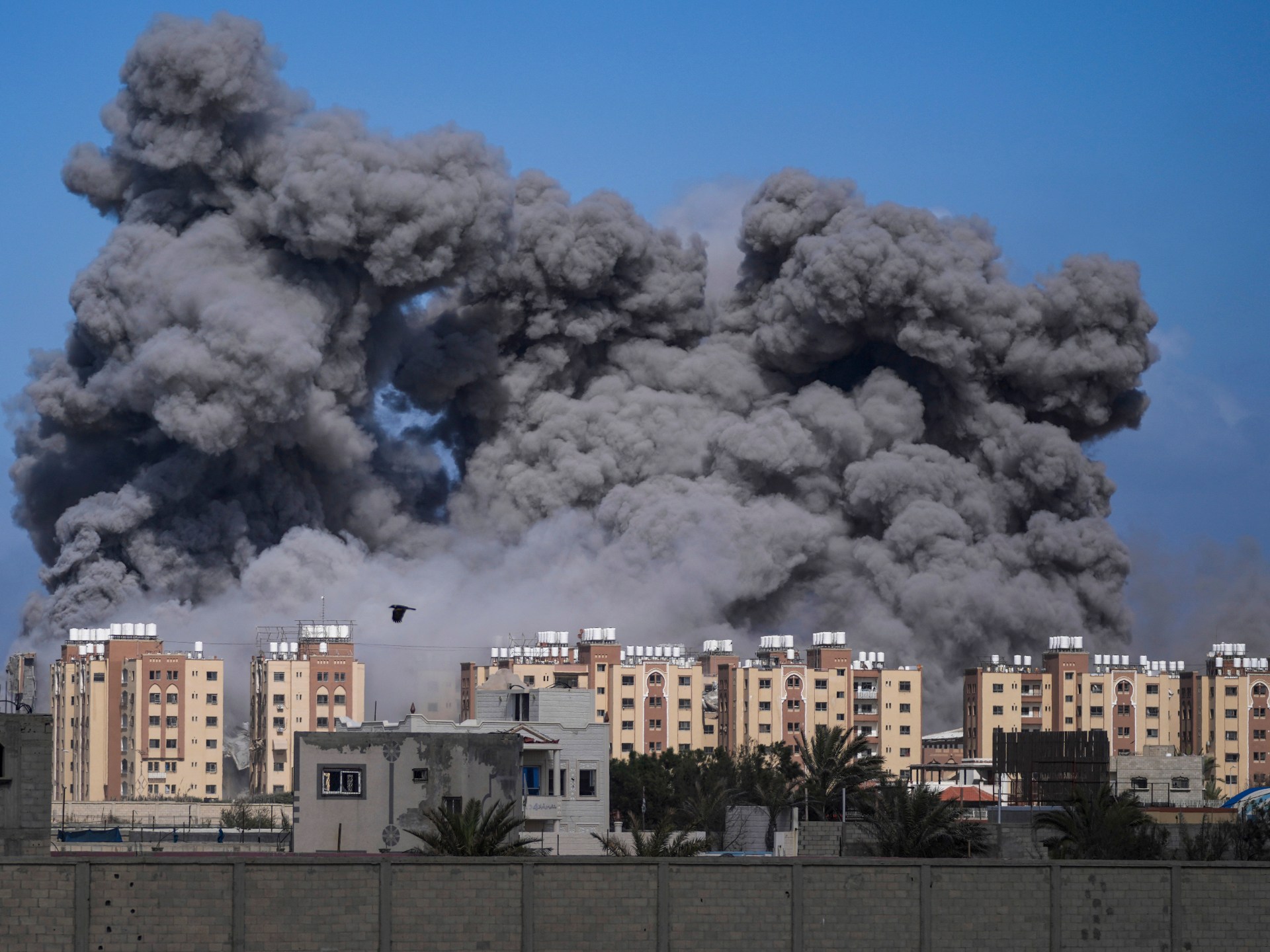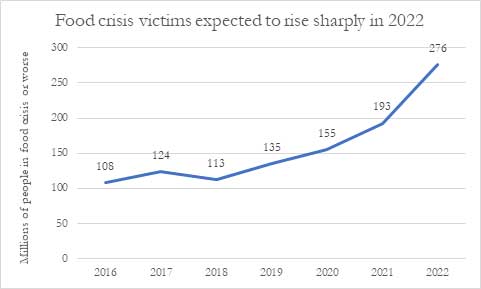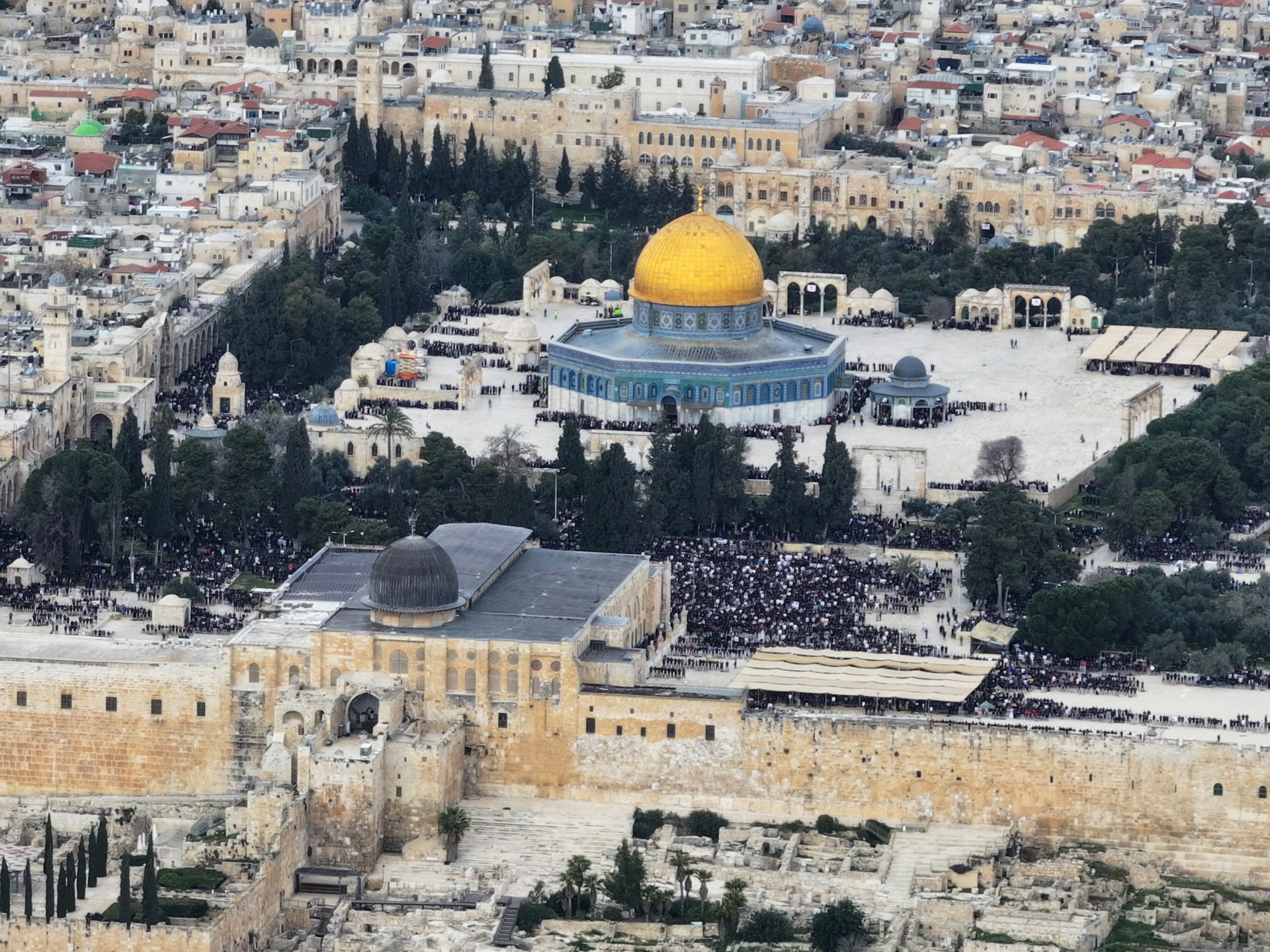Packed Tanzania protests offer hope but reforms remain a distant dream | Protests
Dar-es-Salaam, Tanzania – As thousands of supporters carrying placards stating their demands marched through Dar-es-Salaam on Wednesday, opposition party Chadema deputy chairperson Tunde Lissu declared to reporters that the rallies were the beginning of a mission to get a new constitution and get the electoral commission truly independent.
Deemed the biggest public demonstrations since President Samia Suluhu Hassan lifted the ban a year ago, they served as a platform for the opposition to dispute a raft of contentious electoral reforms set to be debated in parliament next month.
“We have been asking for these constitutional reforms for 30 years, now we’ll demand them on the road,” said Lissu. “If it’s not possible to get a new constitution over dialogue, it will be obtained in the streets.”
But even as the rallies were deemed successful by onlookers, the big question in Tanzanian politics is how far the government will go to heed Chadema’s demands.
Since taking office in March 2021 with the stated goal of implementing democratic reforms, Hassan has kept observers guessing on what would be her next move.
Her predecessor John Magufuli was different: nicknamed The Bulldozer for his dictatorial tendencies, he governed ruthlessly.
He muzzled the media and banned rallies and public gatherings, forcing opposition politicians like Lissu into exile and others into hiding. Between 2015 when he came into power and 2021 when he died in office, Magufuli also shunned the West and was infamously a COVID-19 denier and vaccine sceptic.
Hassan overturned the ban on rallies and public gatherings in 2023, paving the way for Lissu to return from exile. She also reinstated members of the ruling Chama Cha Mapinduzi who had been expelled from the party.
But during her tenure, there have also been accusations of stifling dissent: Chadema leader Freeman Mbowe was imprisoned for seven months on “terrorism” charges after being arrested during a night-time police raid a day before the party was to hold a forum pressing for constitutional reforms.
Dissent and determination
Even on the eve of the rallies, there was uncertainty about whether they would take place at all.
Two weeks ago, when Chadema announced plans for the rallies, the Dar-es-Salaam regional commissioner declared that government officials and the army would be holding a sanitation exercise in the city streets on the same day. The official’s statement was quickly interpreted as aiming to obstruct the rallies from taking place.
The police also issued a statement threatening to intervene if the rallies were not peaceful. But some analysts say Chadema was determined to go ahead, regardless of whatever challenges security agencies would pose.
“I don’t think we credit them enough for putting not just their money but their bodies where their mouth is,” said columnist and commentator Elsie Eyakuze. The authorities’ decision to let the rallies take place is part of the healing process from the Magufuli era in which there was no room for dissent, she added.
Rights activist and political commentator Baruani Mshale agreed, saying Chadema deserves credit for being bold enough to go ahead with the rallies, and not Hassan and her government for not blocking them.
“I sensed the determination from Chadema’s side that come what may, they will hold the rallies. The only surprising thing was the cooperation that the police granted them,” he told Al Jazeera.
A season of demands
Thirty years ago, when Tanzania decided to move from one-party rule to a multiparty democracy, calls for amendment of the existing constitution, forged in 1977, began.
They bubbled to the surface again after Magufuli’s election in 2015 as opposition supporters cried foul, saying the vote had been rigged by the machinery of state working in tandem with the governing party.
The government has proposed to change the composition of the committee that selects commissioners to the electoral body and that appointment of the chairperson and vice chairperson of the electoral commission be made by the president.
But opponents of the bill say the choices of the president, who doubles as chairperson of the governing party, ought to be vetted by an independent committee.
They also want the scope of the bill which currently focuses on presidential, parliamentary, and ward executive elections to be widened to accommodate elections for chairpersons of streets, villages, and hamlets which are currently administered by the Ministry for Regional Administration and Local Government and not the electoral commission.
Chadema in particular has gone a step further in demanding for the bills to be drafted afresh.
“If you look at the size of weakness in these bills, you realise … the only way to fix these bills is by withdrawing them from the parliament and be rewritten after being preceded by the amendment of the 1977 constitution,” John Mnyika, the party’s secretary-general, said after submitting an analysis to the parliamentary committee.
The party also has other demands, including the revival of a bill for a new constitution, regardless of what happens in parliament next month.
For many Tanzanians, there remains a degree of uncertainty about what grounds the government will concede before the 2026 election, especially as opposition talks with the governing party failed to yield its desired results for more than a year.
And that could see Tanzania enter into a season of sustained protests, experts say.
“The fact that most of their recommendations have been ignored shows that all these talks and well-meaning promises from Samia are meaningless,” said Thabit Jacob, a political commentator and postdoctoral researcher at Lund University, Sweden. “The rallies give them a chance to talk about the urgency of the situation as backroom talks have proved ineffective.”
Some believe the president needs more time to deliver, arguing that she represents the progressive element of the governing party and a different order from her predecessors. And there is increasing talk about the opposition needing to temper its demands, seeing as a compromise between both sides seems unlikely in the coming months.
“Let’s be politically mature,” Eyakuze said. “It’s very easy to destroy a system overnight, but building a democracy takes time. Chadema has been opposing this for three presidents now and suddenly we have one march and boom, and we are going to change the constitution. What planet?”
Check out our Latest News and Follow us at Facebook
Original Source







